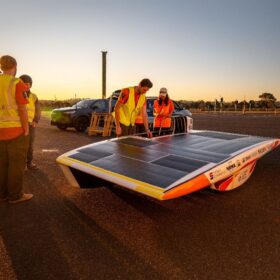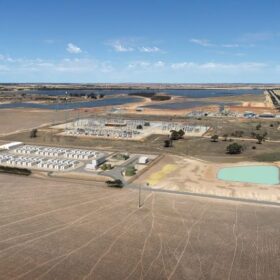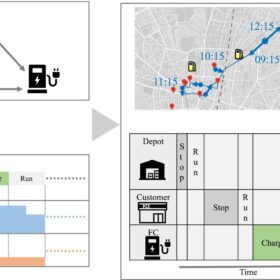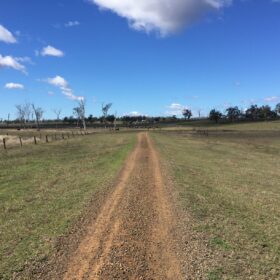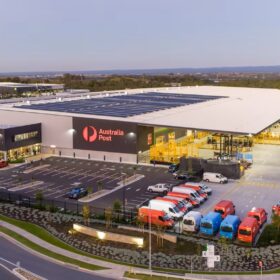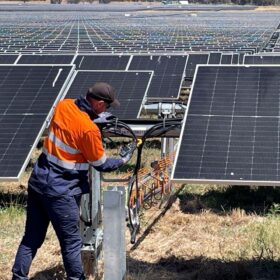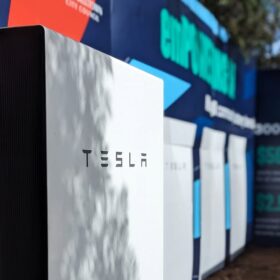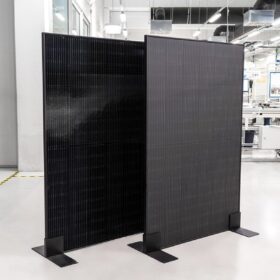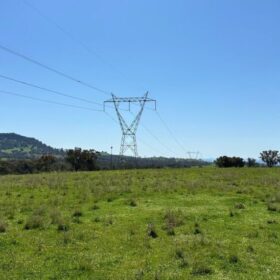Sundrive copper HJT cells to power up ANU racing team’s world solar challenge
Australian National University students are putting the final touches to their solar car Monty, using Sundrive copper HJT solar cells in preparation for the 3,000 kilometre World Solar Challenge from Darwin to Adelaide in August.
Barnaby Joyce wants Australia to abandon net zero – but his four central claims don’t stack up
One-time Nationals leader Barnaby Joyce sought to dominate the first sitting week of the current federal parliament by proposing a divisive plan to reverse Australia’s net zero emissions target.
Grid scale solar and battery projects score Western Power connection offers
Western Power has closed off 759 MW of connection offers for FY2024/25, announcing the last two projects for the period, and in the coming financial year expects to offers made for a further 300 MW of storage and 112 MW solar generation.
Electric vehicle fleet delivery routes optimised to find local surplus solar
Scientists in Japan have developed a model that predicts surplus solar generation and creates a route for optimised charging of electric delivery vehicles, defining their work as a practical blueprint for logistics operators.
Renewables developers shift focus in search for project sites
Renewable energy developers are increasingly shifting their focus to pre-approved “progressed” solar, wind, and battery project sites that are ready for construction as Australia’s clean energy rollout continues.
Australia Post delivers rooftop solar to Queensland sites
Australia Post is continuing its deployment of rooftop solar and battery energy storage systems as part of the company’s multi-million-dollar energy efficiency program, announcing plans to deploy more than 1.2 MW of PV capacity at sites in Queensland.
OX2 secures federal tick for NSW solar, storage project
A 90 MW solar farm and four-hour battery energy storage system planned for the Richmond Valley in northern New South Wales has passed through the federal environmental approvals process in just 30 business days.
AGL to build 11.2 MW community battery fleet in SA
AGL Energy continues its push into community power, announcing plans to build and operate a portfolio of community batteries located across metropolitan and regional South Australia.
Solitek launches anti-glare black bifacial solar modules
Solitek has launched full-black 425 W bifacial solar modules with matte, satin-textured glass for glare-sensitive sites such as airports, road barriers, and buildings.
North Harbour lands funding to back twin battery projects
Australian renewables developer North Harbour Clean Energy has secured early-stage funding for two large-scale battery energy storage projects in New South Wales.
